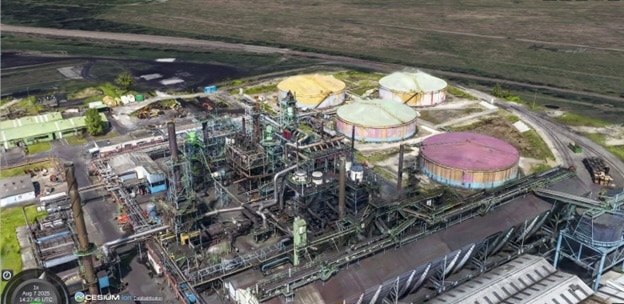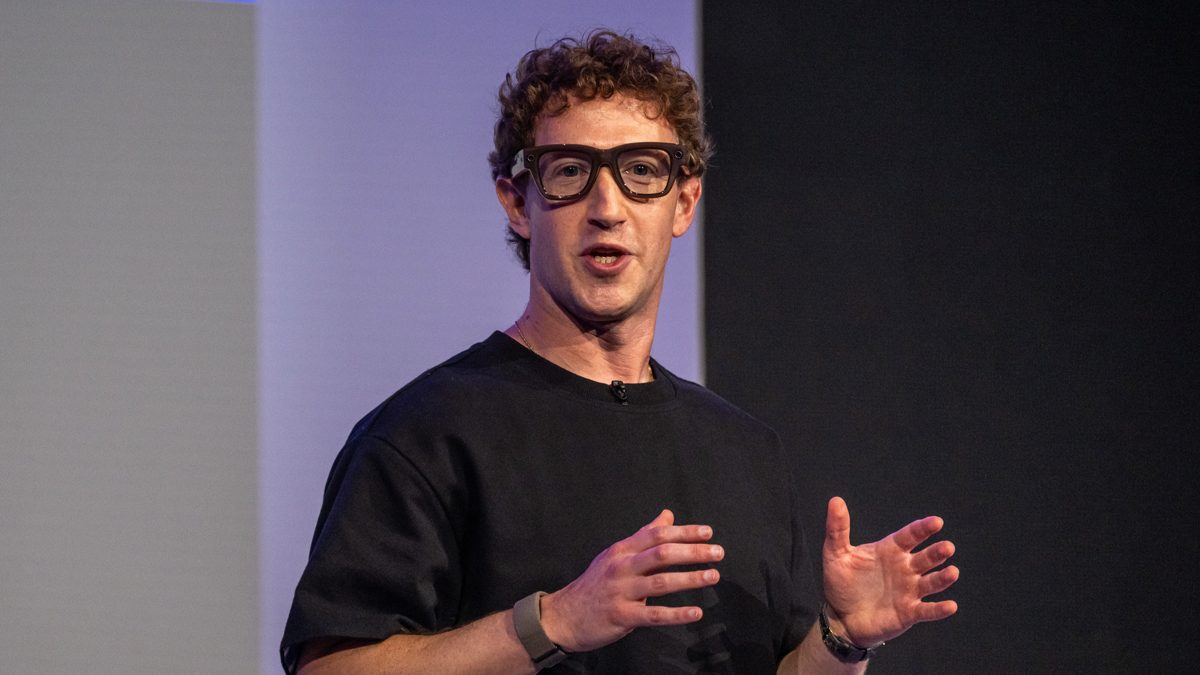
The highly anticipated television series Alien: Earth, created by Noah Hawley and starring Sydney Chandler, has made its debut on Disney+, sending ripples of excitement through the science fiction community. Set as a prequel to the iconic Alien film franchise, the series promises to expand on the terrifying universe first introduced by Ridley Scott nearly half a century ago.
Alien: Earth is set in the year 2120, two years before the events of the original film. The series explores the dark and dystopian world where unchecked corporate power and scientific hubris collide. At the heart of the story is a spaceship crash-landing in a city owned by the ambitious corporation Prodigy, led by the young genius Boy Kavalier, played by Samuel Blenkin. This incident sets the stage for a chilling narrative that intertwines human progress with existential threats.
Expanding the Alien Universe
Noah Hawley, known for his successful adaptation of Fargo into a television series, brings his expertise to Alien: Earth. Unlike Fargo, which was an anthology inspired by the Coen Brothers’ film, Alien: Earth is deeply entrenched in the mythology of the Alien universe. Hawley takes the familiar cycle of the Xenomorph, from face hugger to monstrous beast, and introduces new elements that promise to haunt viewers’ subconscious.
Central to this evolution is the introduction of a new kind of human. The series features the first synthetic being, Wendy, portrayed by Sydney Chandler. Wendy represents a transformative leap in evolution, combining human consciousness with a powerful machine body. Hawley uses this character to explore themes of creation and destruction, layering scientific exploitation with imagery reminiscent of children’s literature.
Corporate Power and Ethical Dilemmas
The narrative of Alien: Earth delves into the ethical conundrums of unchecked corporate power. The corporation Weyland-Yutani, a familiar name to fans of the franchise, seeks to reclaim its valuable “specimens.” Meanwhile, Timothy Olyphant’s character, Kirsh, an inscrutable synthetic, oversees Wendy and the other hybrids, adding layers of intrigue and tension.
Hawley’s storytelling deftly balances creator hubris with visceral horror, offering a narrative that is both intellectually stimulating and viscerally thrilling. This duality might challenge some viewers, but it undeniably enriches the franchise, pushing its boundaries while staying true to its roots.
Comparisons and Audience Expectations
The series arrives at a time when audiences are increasingly drawn to narratives that challenge conventional storytelling. According to media analyst Dr. Emily Carter, “The success of series like Westworld and Black Mirror has paved the way for Alien: Earth to explore complex themes within a sci-fi horror context.”
While some fans may crave the straightforward scares of the original films, others will appreciate the series’ nuanced approach to storytelling. Hawley’s ability to weave existential questions into the fabric of the narrative ensures that Alien: Earth will resonate with a diverse audience.
Looking Forward
The release of Alien: Earth marks a significant moment for the Alien franchise, as it continues to evolve and adapt to the changing landscape of television. The series’ ability to blend horror with philosophical inquiry positions it as a standout in the genre, promising to captivate both longtime fans and new viewers alike.
As the series unfolds, it will be intriguing to see how it influences future entries in the Alien universe. With its rich narrative and compelling characters, Alien: Earth is poised to become a cornerstone of the franchise, ensuring that the legacy of the Xenomorph continues to thrive.






